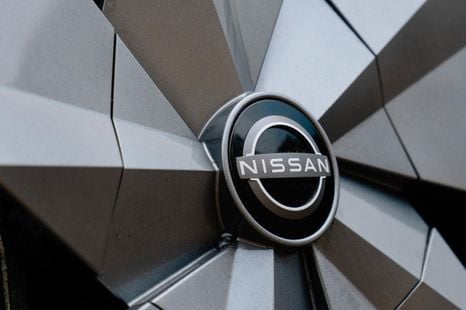

Damion Smy
Nissan Australia replaces managing director
1 Hour Ago
With 40 years of sales under its belt, the sixth-generation Nissan Micra goes fully electric – with more than a little help from Renault.
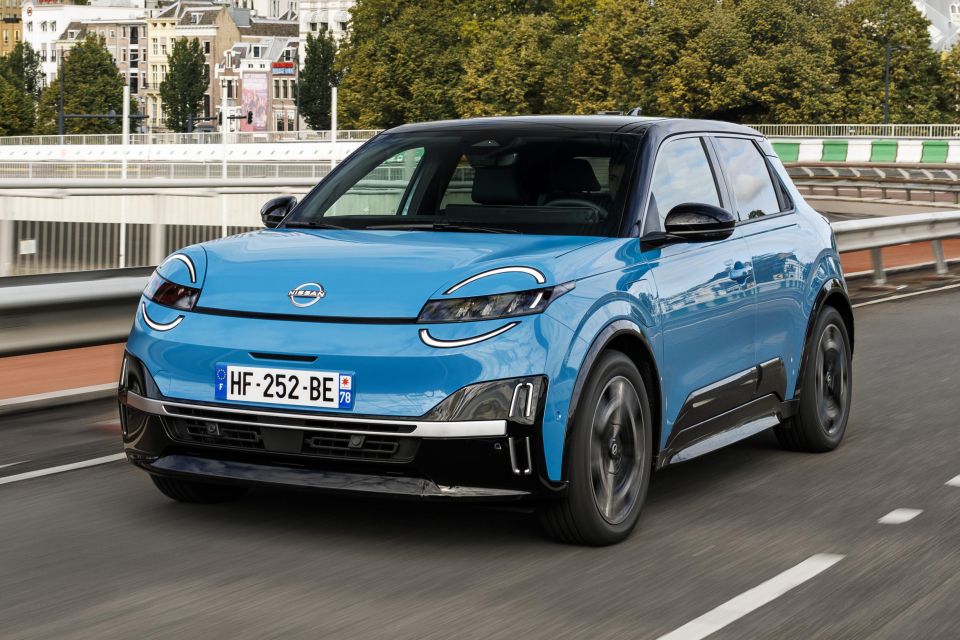
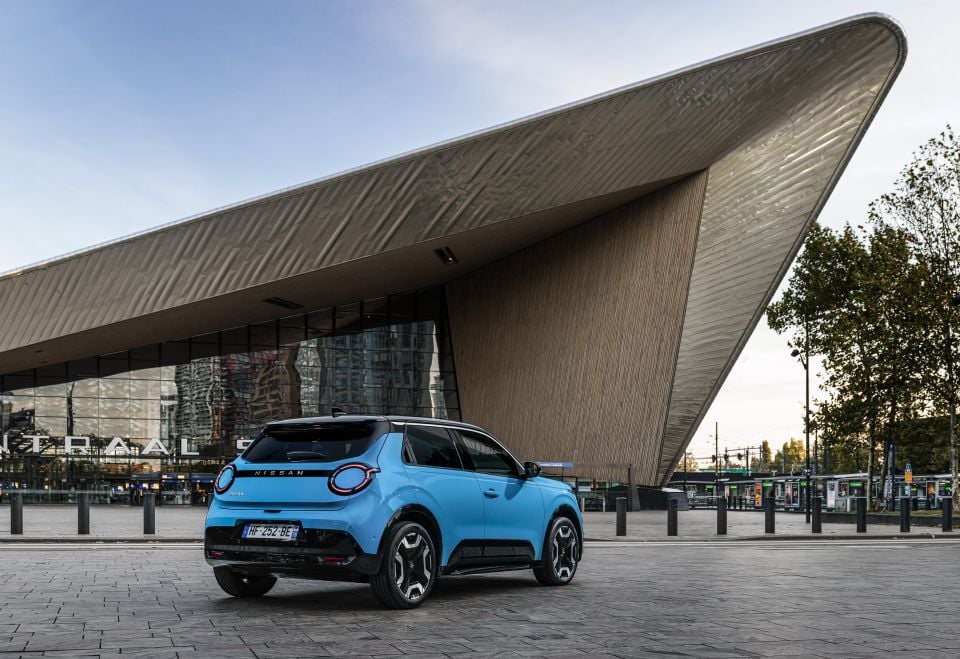

Contributor

Contributor


Contributor

Contributor
Where expert car reviews meet expert car buying – CarExpert gives you trusted advice, personalised service and real savings on your next new car.
There hasn’t been a Nissan Micra on sale in Australia since the Japanese manufacturer dropped it from the lineup in 2016, shifting its focus to crossovers and SUVs.

Currently, the Juke is the smallest Nissan you can buy, but elsewhere the Micra has lived on, and now there’s a new and fully electric ‘K15’ generation. The bad news is it’s not confirmed for Oz, but that could change.
The reality is that it’s nothing more than a re-bodied Renault 5, but given the rave reviews the French hatchback has earned, that’s not exactly a bad thing. There are two battery options available, with the larger being good for a 416km WLTP range.
To see just what Australians are missing out on, we got behind the wheel of the Nissan Micra at its European launch in Rotterdam.
As there are no confirmed plans for Nissan to bring the Micra to Australia, there’s little point in discussing price, but if it were to come here, it could be quite an affordable car if the Renault 5’s pricing in Europe is anything to go by.
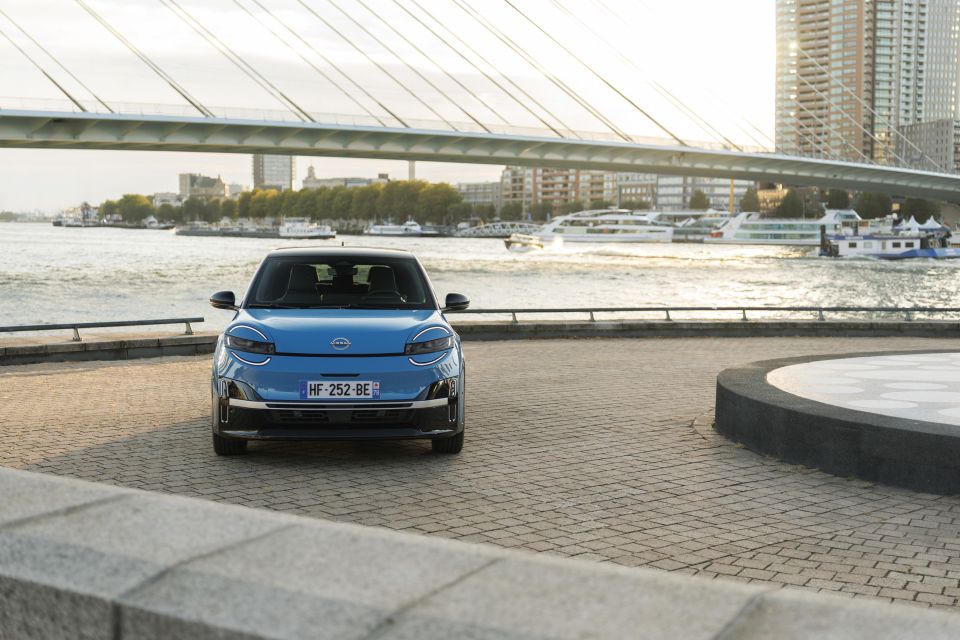
In most markets, the R5 undercuts the Renault Megane E-Tech by around $15,000, so if the Micra were to match Renault’s pricing model, it could cost from just under $40,000.
Still, that’s more than many small Chinese EVs, such as the BYD Dolphin and GWM Ora, but the Micra could be a more affordable alternative to the Mini Cooper.
Buy your new car without the stress. It's fast, simple and completely free.

Great service from Travis and team, second time I have used this business would not hesitate to recommend them to anyone
Craig C.
Purchased a Ford Ranger in Sunshine Coast, QLD
CarExpert helped Craig save thousands on his Ford Ranger, now let us save you on your next new car.
Find a dealIt’s obvious that Nissan blew most of its budget on restyling the Micra’s exterior, as the cabin requires an expert level of spot the difference with the Renault 5. For the most part, that’s no bad thing, especially with some of the features it has.
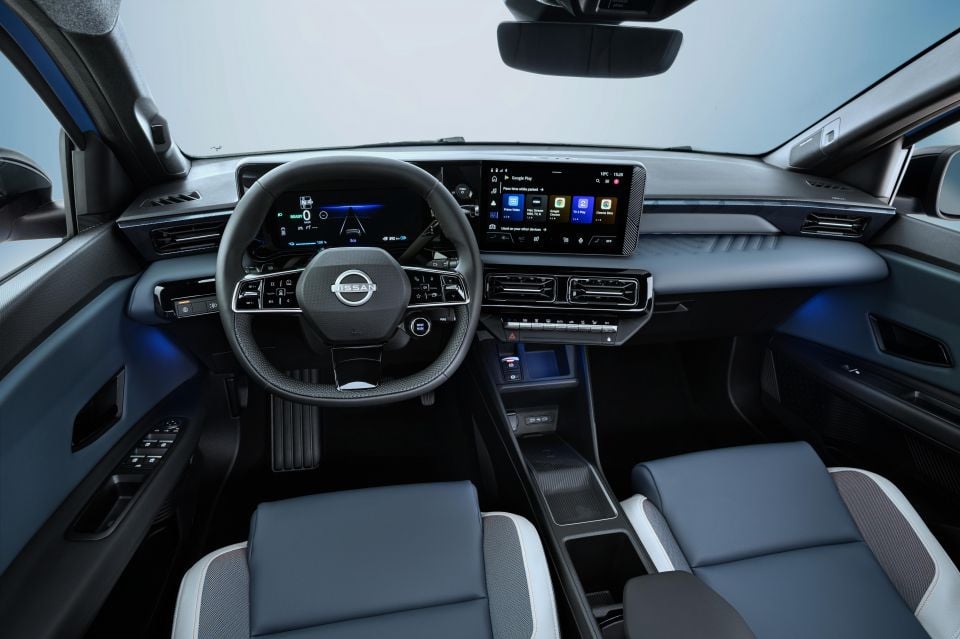
The twin-screen layout is a good one and comprises two 10.1-inch displays sandwiched together, with the infotainment touchscreen slightly angled towards the driver.
It’s wrapped in a high-gloss black surround with chunky bezels. For the driver, there’s a simple digital instrument display that makes it easy to see the battery’s state of charge and range remaining, alongside the chosen level of energy recuperation – which is adjustable via paddles on the back of the steering wheel.
That is identical to what Renault uses, with the only difference being the Nissan badge on the airbag cover. A satellite drive mode button is easy to find with your right thumb and the rest of the multifunction controls are simple enough to operate.
It’s a lot busier behind the steering wheel. Besides the lighting functions on the left and wiper controls on the right, there’s also a column-style drive selector and a stubby volume and track-skip dongle jutting out from below the wiper stalk – owners will get used to it, but it seems unnecessarily cluttered.
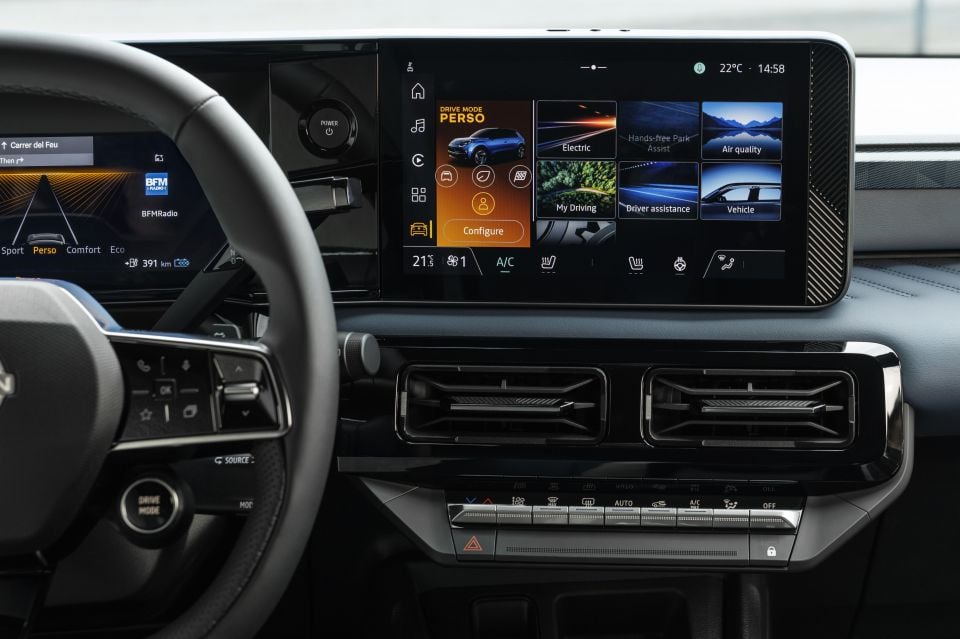
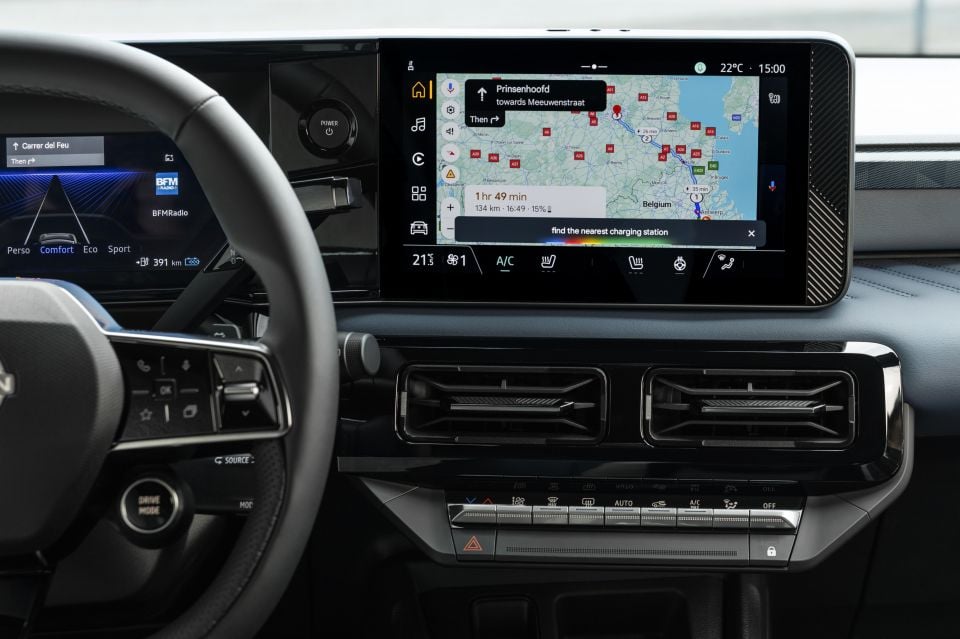
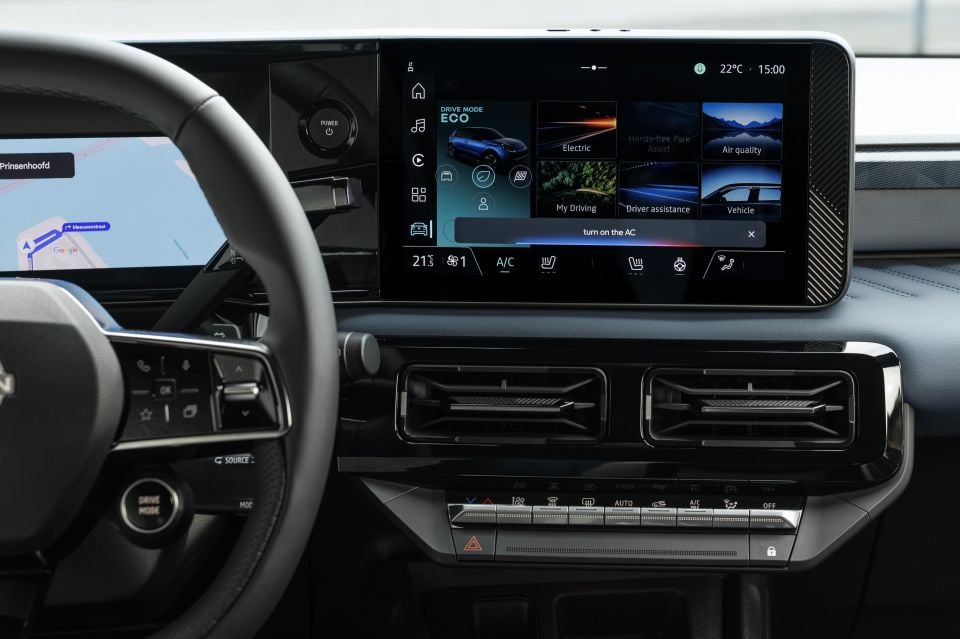
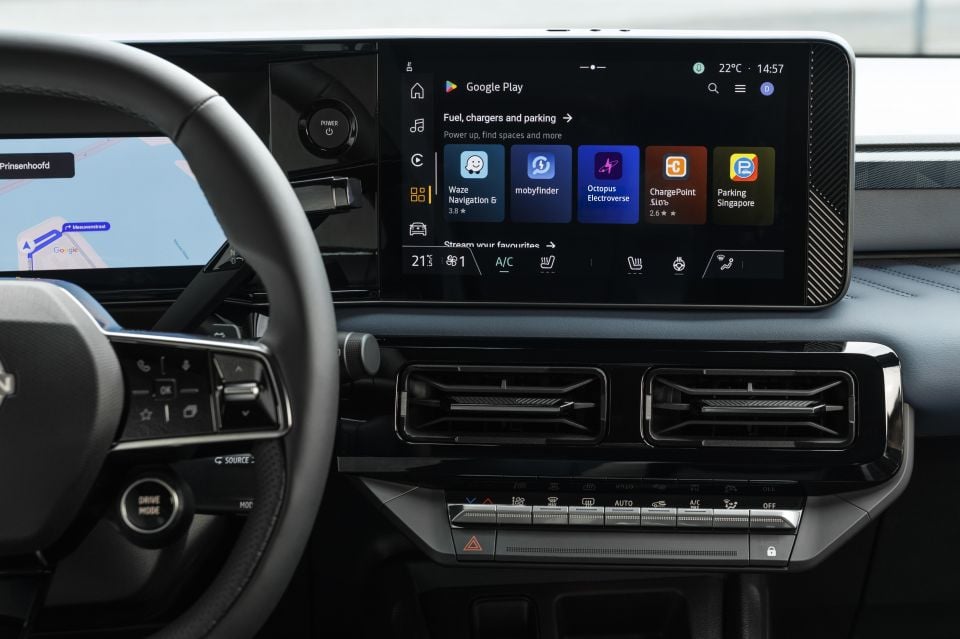
More positive is the bank of proper toggle buttons for climate settings and window demisters, all located beneath the central vents below the touchscreen.
The infotainment system is a Google-based operating system that taps directly into the car’s brain, so when it comes to planning longer journeys the Google Maps navigation can plot charging stops if needed.
It will also show a predicted battery state of charge when you reach the destination. You also get a Google Assistant and there are other apps available through the Google Play store.
Additionally, Apple CarPlay and Android Auto are on hand if you prefer to use the apps on your phone. A handy wireless charging pad in the centre console can keep your device topped up on the go, and if you look a little more closely, you’ll see a line drawing of Japan’s iconic Mount Fuji on it.
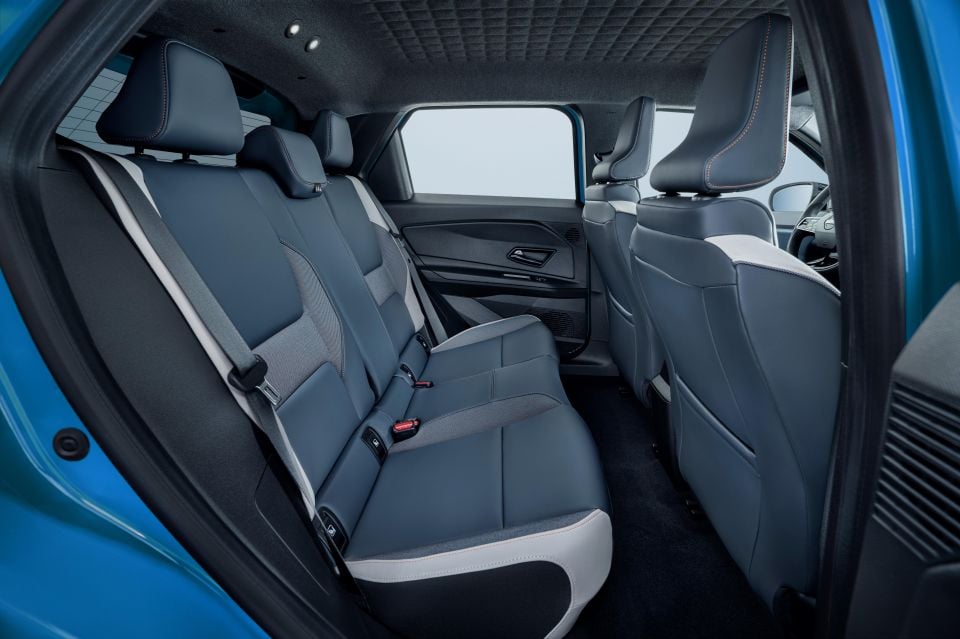
The front seats are manually adjustable and reasonably comfortable. Equipping the front passenger seat with ISOFIX child seat anchor points is another smart move in our book.
Storage space is at a premium here, but it’s a small car, so that’s to be expected. Material quality is good, but the upholstery options aren’t as appealing as those available in the Renault 5.
Rear passenger space is quite limited in the Micra, which is part of the compromise of having 18-inch wheels as standard. Two adults can fit in there, but legroom is restricted.
A 326-litre boot is sufficient for a car of this size, and if you do need more cargo space, the rear seats can fold forward, boosting capacity to 1106L, though the seatbacks don’t fold completely flat.
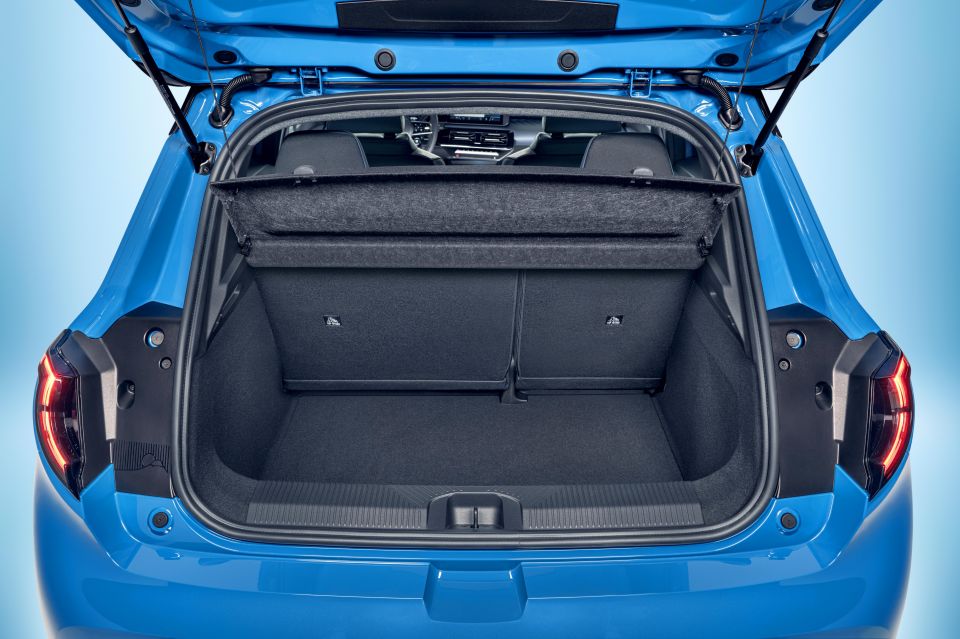
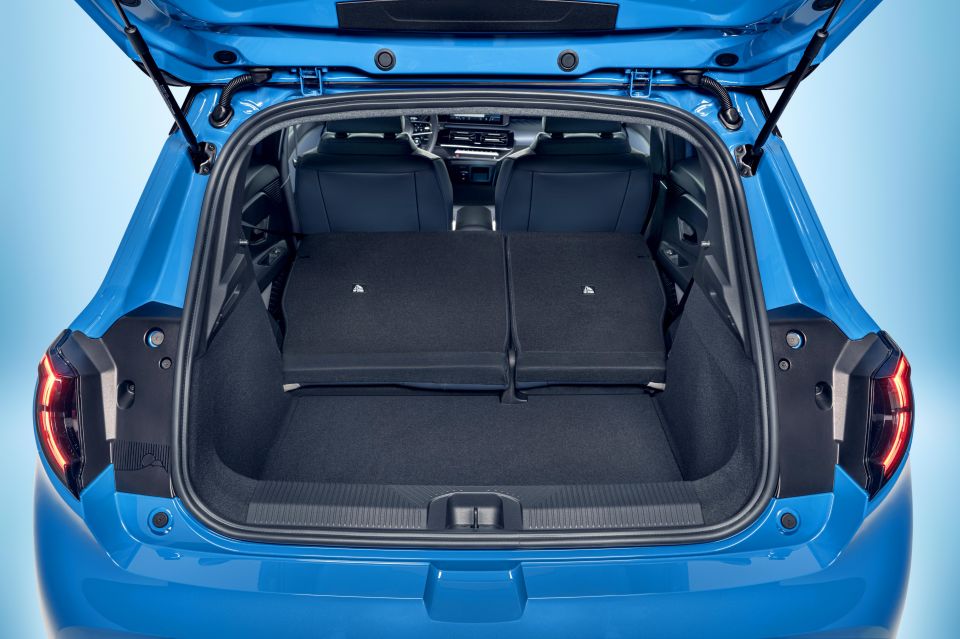
| Dimensions | Nissan Micra |
|---|---|
| Length | 3974mm |
| Width | 1744mm |
| Height | 1498mm |
| Wheelbase | 2540mm |
| Cargo capacity | 326-1106L |
Nissan plans to offer two electric motor options for the Micra. The car featured here is the more powerful 110kW version that is paired with a larger-capacity 52kWh battery, giving it a driving range of 416km.
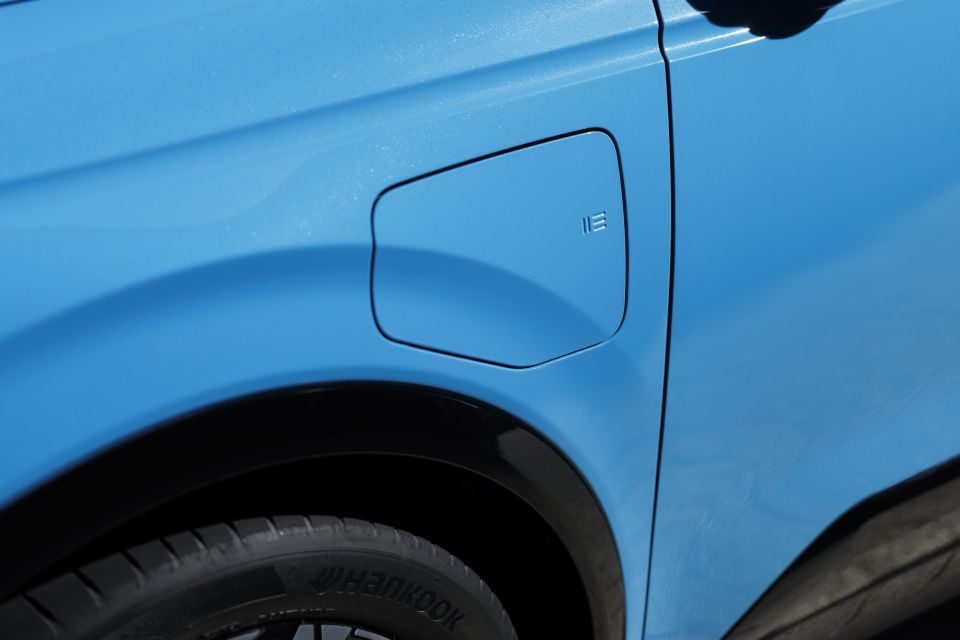
| Specifications | Nissan Micra 52kWh |
|---|---|
| Drivetrain | Single-motor electric |
| Battery | 52kWh lithium-ion |
| Power | 110kW |
| Torque | 245Nm |
| Drive type | Front-wheel drive |
| Weight | 1524kg |
| 0-100km/h (claimed) | 8.0s |
| Energy consumption (claimed) | 14.7kWh/100km |
| Energy consumption (as tested) | 15.8kWh/100km |
| Claimed range | 416km |
| Max AC charge rate | 11kW |
| Max DC charge rate | 100kW |
The cheaper 90kW version with 225Nm of torque is paired with a 40kWh battery, and can officially cover 319km on a single charge.
The performance on tap feels like just the right amount for a car of this size. For sure, it could feel a bit more potent – it’s capable of handling more power and it does so as the Alpine A290. This more powerful variant of the Micra feels nicely balanced with its size and performance.
We haven’t had the opportunity to drive the base version, which also benefits from a slight weight reduction thanks to the smaller battery. However, we feel that the reduced powered output may result in a similar overall driving experience, with only one second separating the variants in the claimed 0-100km/h dash.
Nissan may have restyled the exterior of the Micra, but the positive news is that its engineers didn’t carry out any alterations to the underpinnings or how the car is set up for the road.
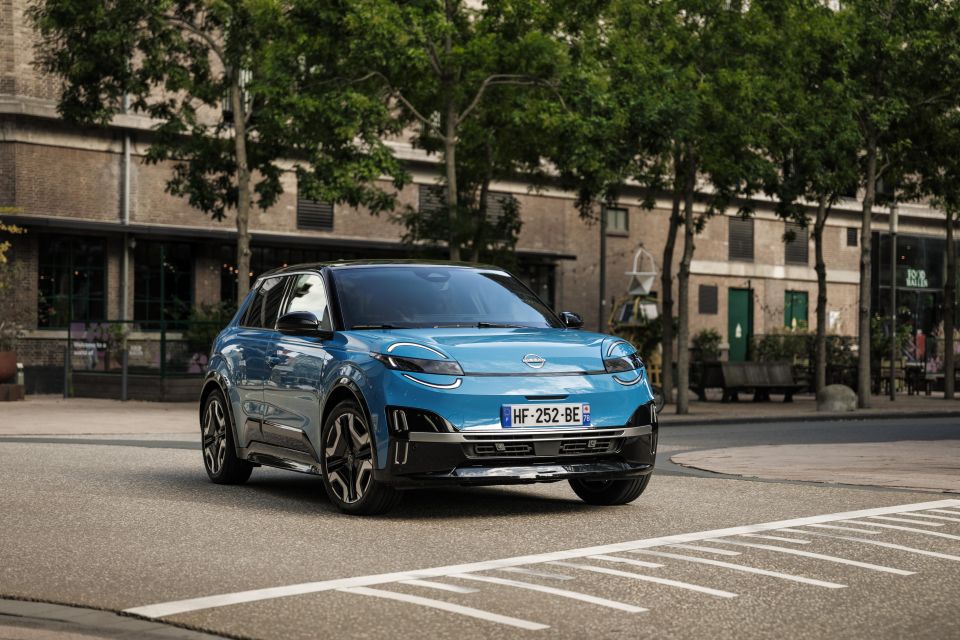
That’s good because the Renault 5 is already quite a sweet little thing to drive, with assured, confident road handling and suspension that sits just on the right side of firm for everyday use without ever being jarring.
Despite the Micra not being an overtly sporty car – as its power output indicates – it still drives with purpose and proves you don’t always need bucket loads of power to have an enjoyable driving experience. But it feels most at home in urban settings where lower average speeds mask any output deficit compared to some other EVs.
Equally, you can have a bit of fun in the Micra when you show it a twisting series of bends. The steering has a direct feel, which, combined with the car’s compact size and weight, makes it extremely easy to place on the road.
Just as importantly, for all the crispness of the steering when it comes to cornering, it doesn’t feel fidgety when cruising at highway speeds.
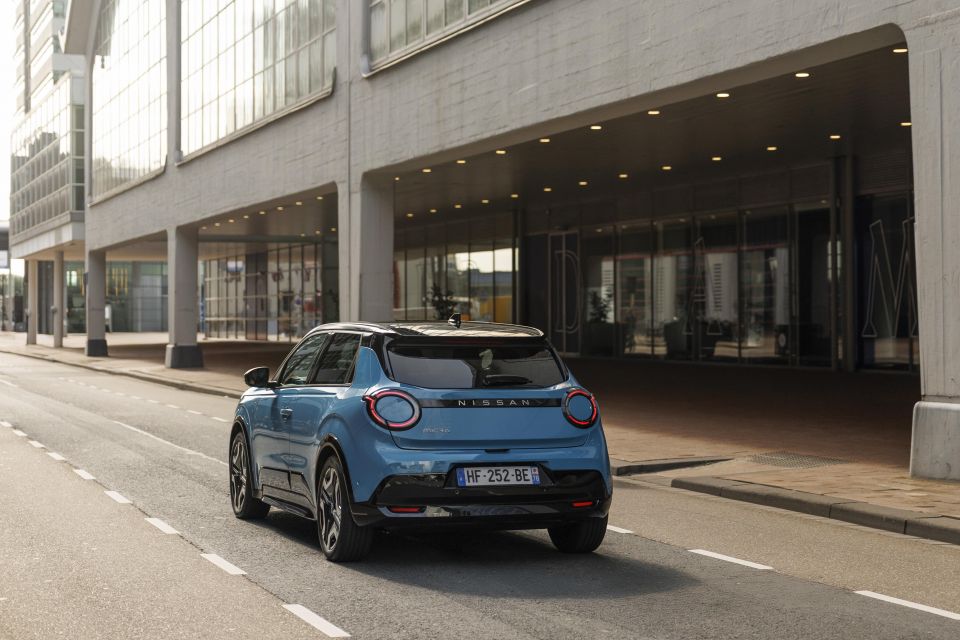
With Alpine having already proven what the chassis is capable of with the A290, it’s not hard to imagine what a Micra Nismo could be like, though execs we suggested that to were quick to shoot the idea down. There is a Sport driving mode that can be selected via a steering wheel button, but most owners are likely to leave it in the default setting.
Nevertheless, the Micra copes with the everyday stuff admirably and the adjustable regenerative braking (available only with the larger-capacity battery) provides a consistent brake pedal feel.
When turned up to its highest setting, the one-pedal function is ideal for stop-start city traffic and is easy to judge in more open settings as a way of slowing down the plucky little Nissan without using the brake pedal too often.
Should you have the need to do so, the Micra is capable of towing, and both versions are rated to haul up to 500kg on a 12 per cent incline.
The Micra offers a pretty good suite of equipment, even from the base level.
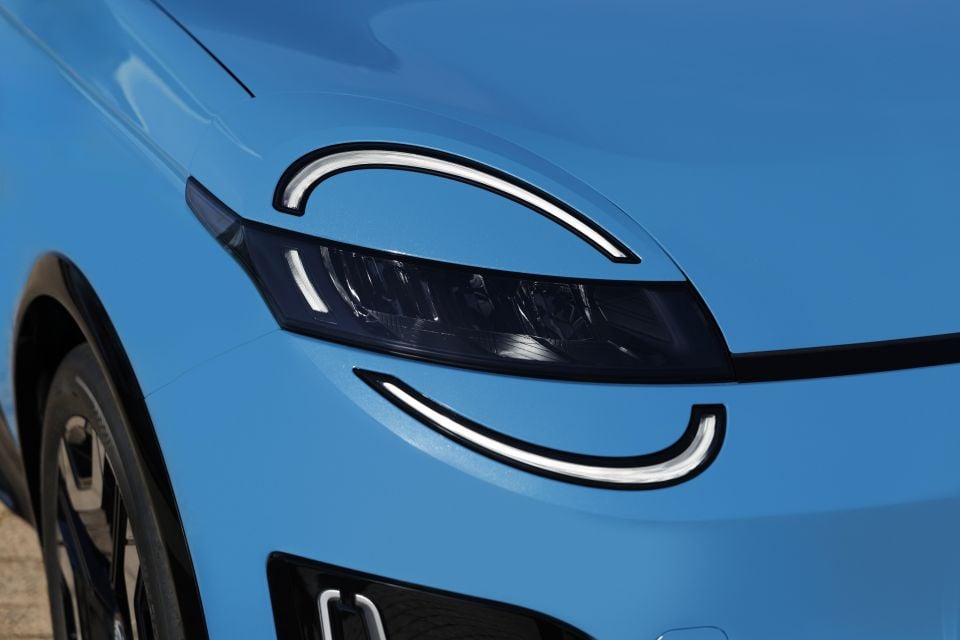
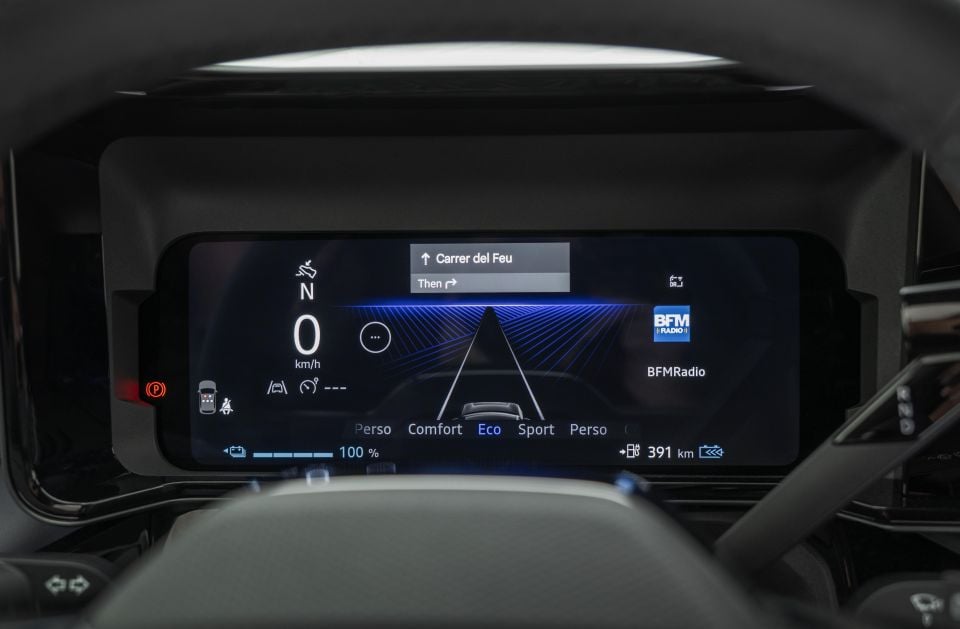
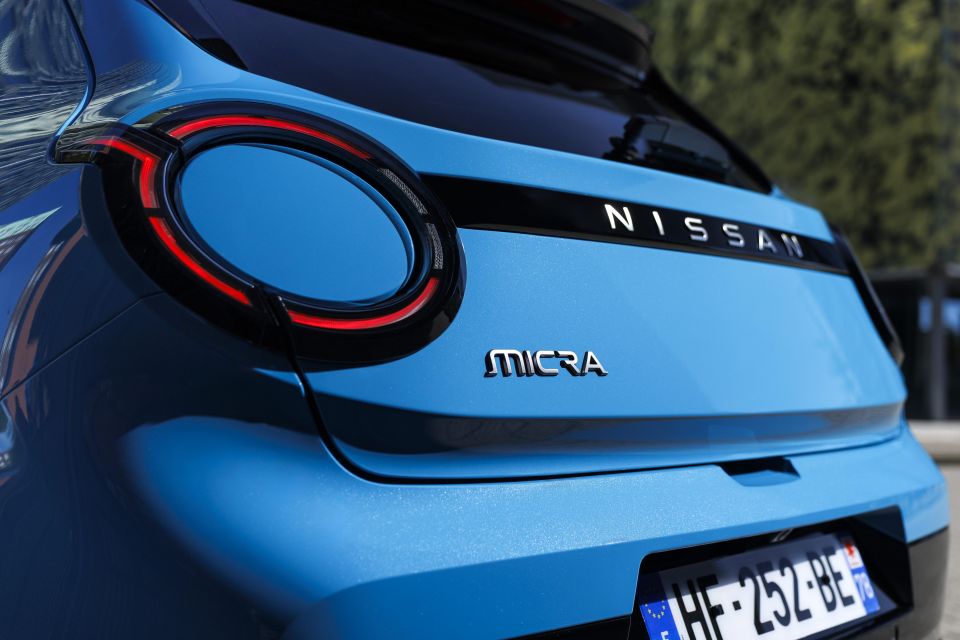
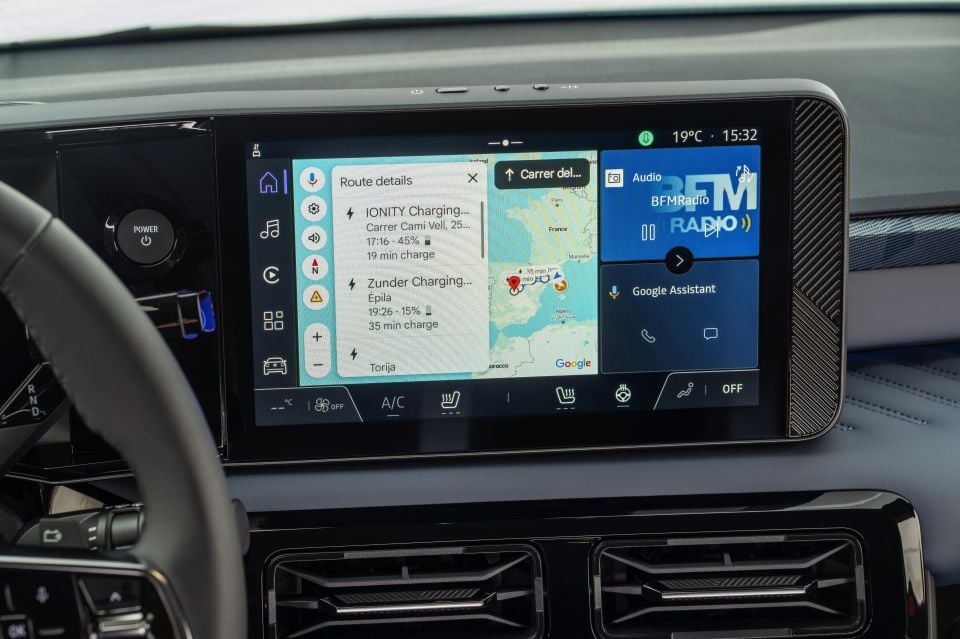
2026 Nissan Micra equipment highlights:
The Micra will be offered in 14 exterior paint colours, with two-tone colour options offering the choice of a black or grey roof.
The Nissan Micra has not yet been assessed by Euro NCAP or ANCAP, but looking at how the Renault 5 performed in independent crash testing should provide a good guide to its safety as the cars are identical under the skin.
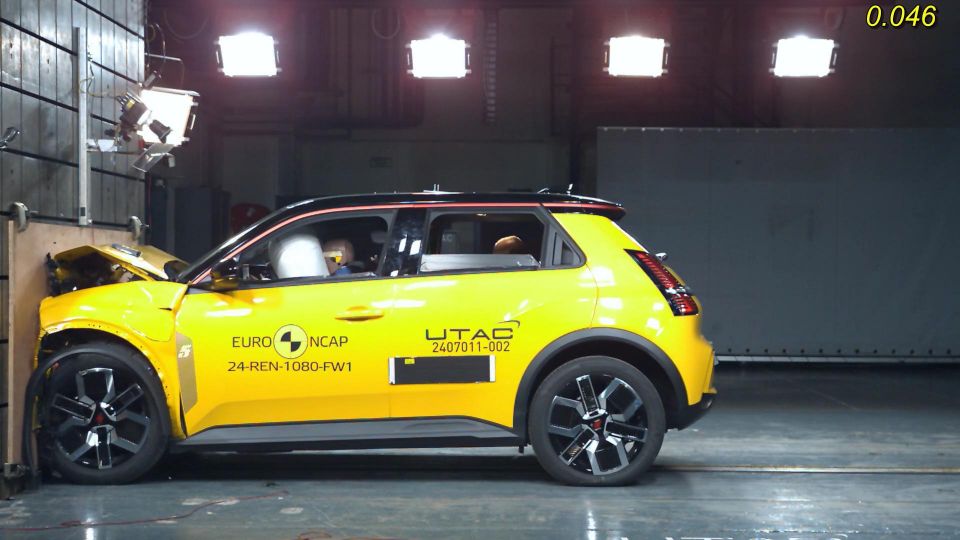
Standard safety equipment includes:
The Renault scored a four-star safety rating, losing points for not having knee and centre airbags as standard, nor side chest or side pelvis airbags for rear passengers. The lack of child presence detection also lost it marks so, in summary, it scored 80 per cent for adult and child occupant protection, 76 per cent for vulnerable road users and 68 per cent for safety assist.
Nissan equips the Micra with a good level of safety equipment, though you’ll need to move up to higher trim levels to get some of the more advanced stuff. All versions get autonomous emergency braking (AEB), lane-keep assist and lane departure warning, along with a driver monitoring system to make sure you’re paying attention to the road ahead.
Speed limit warnings are now mandatory in Europe, but knowing how much these audible alerts can irritate some drivers, the Micra has a safety mode setting that, when pressed twice, mutes such alerts. These default to being active at the start of each journey, but at least there’s a quick way of muting them without having to tap your way through various sub-menus on the touchscreen.
With the Micra being relatively light, it doesn’t quickly eat through so much of its electrical energy on the move.
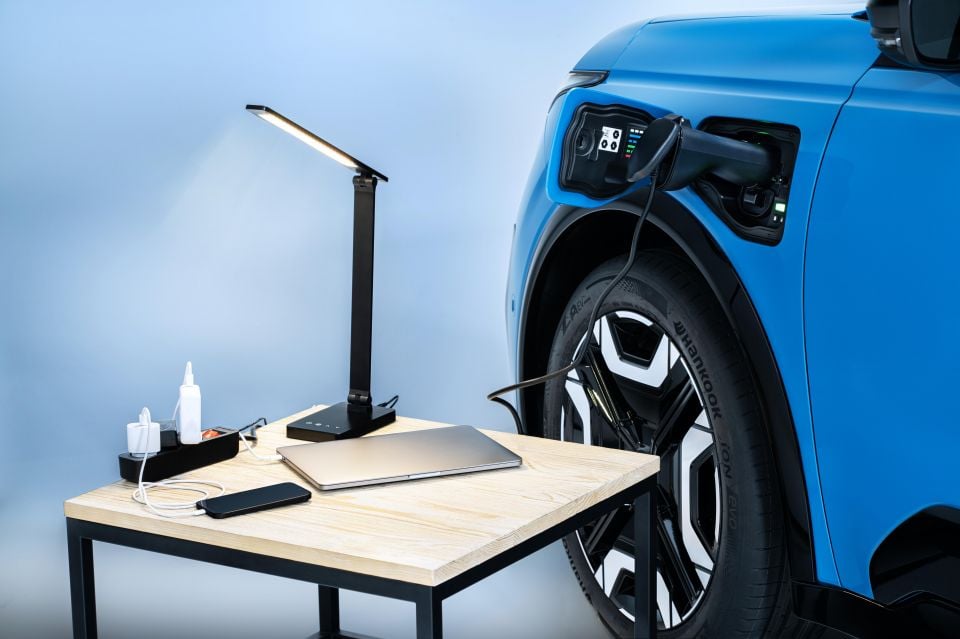
The official consumption figure for the longer-range version we drove is 14.7kWh/100km, and we averaged about 1kWh/100km over that.
Fully charging the Micra’s 52kWh battery at an average night rate cost of 20c per kWh will cost just over $10. That’s not too bad considering its driving range, especially if you’re typically doing lower-speed and shorter journeys.
The new Micra EV is a worthwhile addition to Nissan’s model range, especially with the next-generation Leaf making the predictable transition to a crossover.
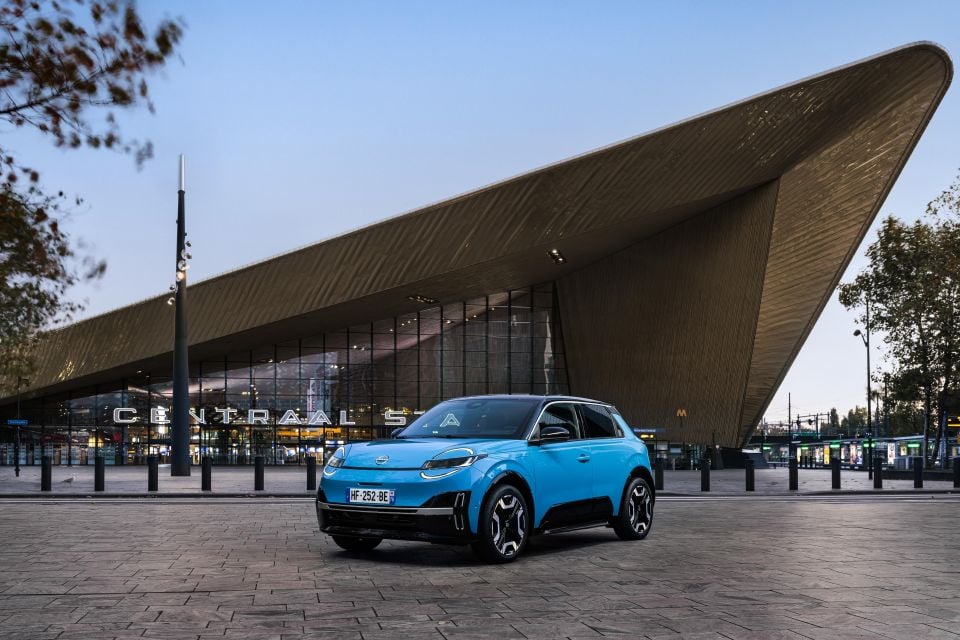
Where expert car reviews meet expert car buying – CarExpert gives you trusted advice, personalised service and real savings on your next new car.
Although this Micra is still smaller than the previous Leaf hatch, it could still be a viable option for buyers who don’t need a larger car and want to make the switch to electric.
Aside from a cluttered dashboard layout and small rear seats, the Micra offers a good balance of performance and efficiency in a package that’s better to drive than it ought to be. Shame it may never be sold here.
Click the images for the full gallery
Where expert car reviews meet expert car buying – CarExpert gives you trusted advice, personalised service and real savings on your next new car.


Damion Smy
1 Hour Ago
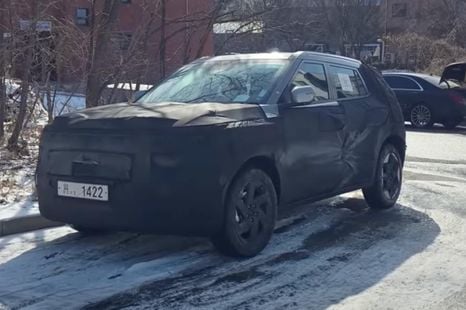

Damion Smy
4 Hours Ago
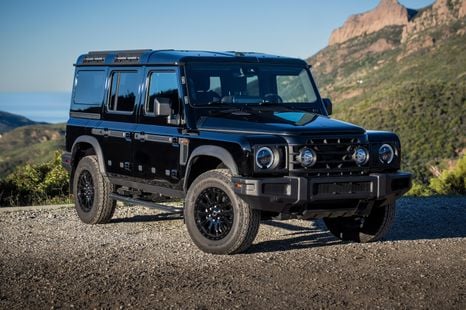

Damion Smy
5 Hours Ago
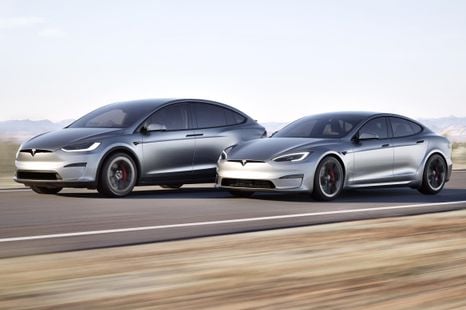

William Stopford
6 Hours Ago
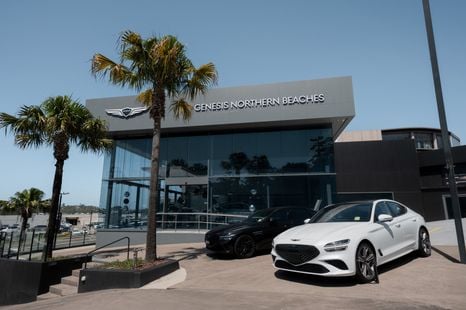

William Stopford
7 Hours Ago


Damion Smy
8 Hours Ago